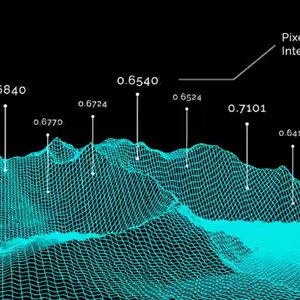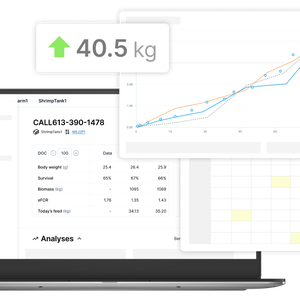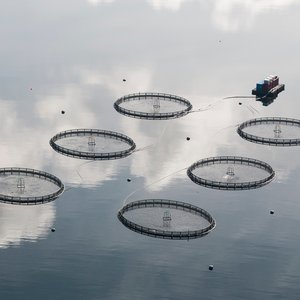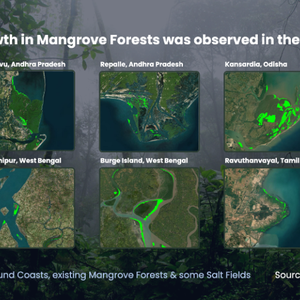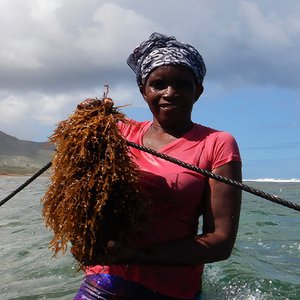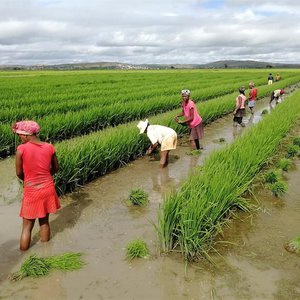In 2050, there will be two billion additional people living on Earth. India will be the largest country in the world, and more people will call Nigeria home than the United States. The average life expectancy for developed nations will be 89, developing nations 81.
These predictions from a 2012 United Nations demographic report on world population growth raise some big questions that could eventually cut across economies, borders, and national politics. But for researchers looking at the world\'s food supply, a spike in world population prompts the most essential question of all: How will all these people find enough to eat?
That answer is complicated, said Christophe Béné, who studies food security at CGIAR, an international think tank. It involves much more than simply nutrition and access, touching on everything from climate change to economic demand to pressure on shrinking resources. Traditionally, food policymakers have looked to agriculture and proteins like chicken and beef as solutions, he said.
But earlier this year he compiled research that pointed to another food source that hasn\'t been considered as widely: fish.
He said studies have been lagging into fish, even though it has tangible benefits. For one, fish have a lower environmental impact than beef and pork, and adding even small portions of fish to a meal can also raise the amount of nutrients in a person\'s diet. And fish don\'t have to consume much feed to produce something edible, as opposed to the heavy diets of farm animals, he said.
Perhaps most importantly, more people around the world are already eating higher amounts of fish than any other animal.
\"When you start putting together figures, when you look at fisheries and aquaculture together, fish is two times more important than chicken and three times more important than beef,\" he said.
So what would a fish-focused world look like in 2050?
Much of the fish eaten in both developed and developing nations will increasingly come from aquaculture, or fish farming, as opposed to wild-caught fish from the world\'s oceans. By 2023, 49 percent of fish is projected to come from aquaculture, according to estimates from the Food and Agriculture Organization at the United Nations, and the amount of fish produced worldwide is expected to rise by 17 percent as the technology used in fish farming becomes cleaner and safer for the environment.
This shift from fishing to farming is already happening. In 2012, fish farms produced more fish than the total amount of beef produced worldwide that year, according to statistics from the Earth Policy Institute.
And the shift is clearly here to stay, according to Geoff Bolan, who directs United States programs at the Marine Stewardship Council, which certifies sustainable wild fisheries...
[Source:Matt Hansen, The Week. Read article]



